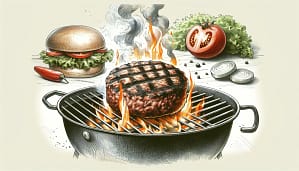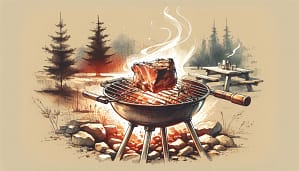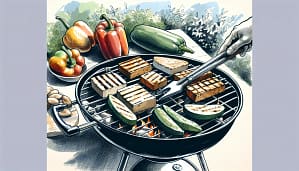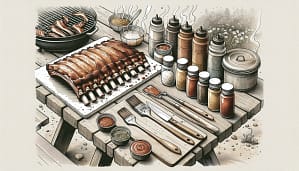Briquettes vs. Lump Charcoal: Which is the Best Fuel for Your Outdoor Cooking Needs?
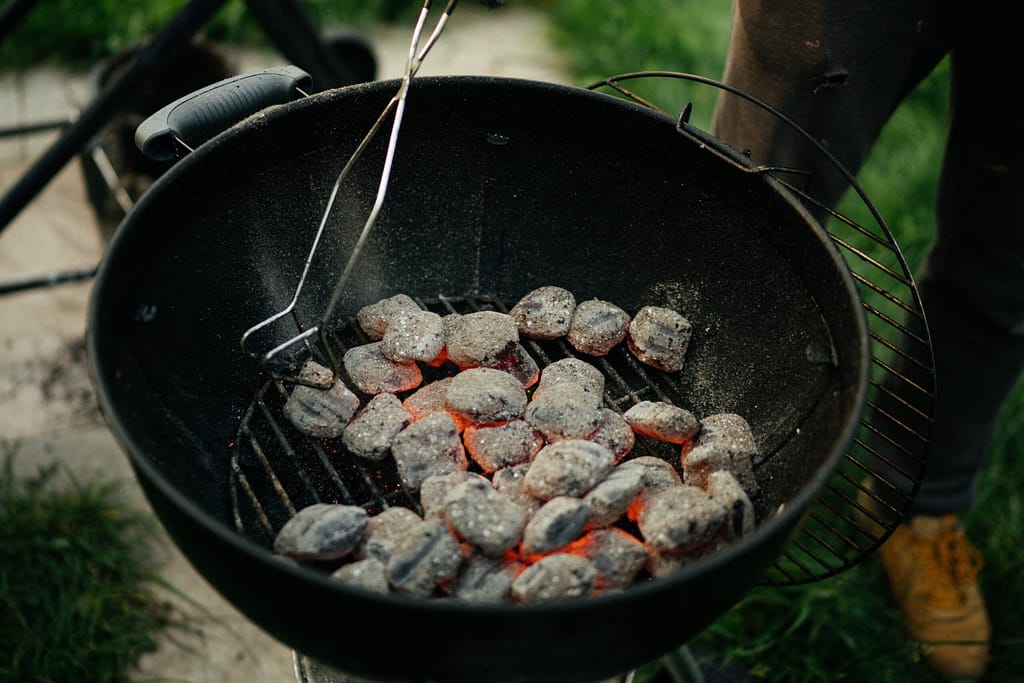
Briquettes vs. Lump Charcoal: Which is the Best Fuel for Your Outdoor Cooking Needs?
The choice between briquettes and lump charcoal ultimately comes down to personal preference and the type of cooking you plan to do.
If you value natural ingredients, intense heat, and a smoky flavor, then lump charcoal may be the best choice for you. It tends to burn hotter and faster than briquettes, producing less ash and fewer sparks in the process.
On the other hand, if you prioritize convenience, consistent heat, and affordability, then briquettes may be the better option. They burn more slowly and evenly than lump charcoal, and often contain additives that help them hold their shape and burn more consistently.
Ultimately, the choice between briquettes and lump charcoal will depend on your individual needs and preferences. It may be worth trying both options to see which one works best for your outdoor cooking needs.
What is Lump Charcoal?
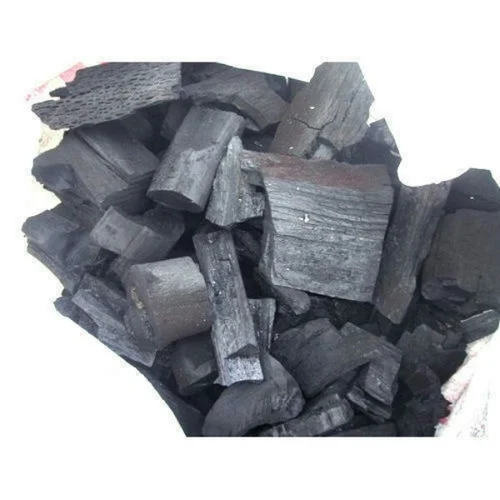
Lump charcoal is a type of charcoal made by burning wood in the absence of oxygen. This process, known as pyrolysis, removes water, volatile organic compounds (VOCs), and other impurities from the wood, leaving behind a lightweight, carbon-rich material that burns hot and clean.
Unlike briquettes, which are made from compressed sawdust and other wood waste products, lump charcoal is made solely from wood, and typically produces less ash and fewer sparks when burned. It also tends to burn hotter and faster than briquettes, making it a popular choice for grilling and smoking meats.
Lump charcoal can be made from a variety of woods, including hardwoods like oak, hickory, and mesquite, as well as fruit woods like apple and cherry. Different types of wood will produce charcoal with different flavors and aromas, which can enhance the taste of grilled or smoked foods.
What is Briquettes?
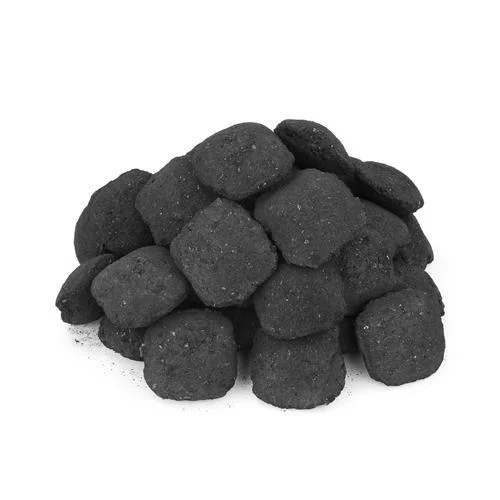
Briquettes are small, compressed blocks of charcoal made from a combination of charcoal dust, sawdust, and other wood waste materials. They are typically made by mixing these materials with a binder, such as cornstarch or a vegetable-based oil, and then pressing the mixture into a uniform shape using a machine.
Briquettes are a popular choice for grilling and barbecuing because they are easy to light and burn more slowly and evenly than lump charcoal. They also produce less smoke and ash than lump charcoal, which makes them easier to clean up after use.
One downside of briquettes is that they may contain additives, such as borax or limestone, which are used to help the briquettes hold their shape and burn more consistently. Some people prefer the taste and aroma of foods cooked over natural lump charcoal, which is free of additives.
Overall, briquettes are a convenient and affordable option for outdoor cooking, and are widely available at grocery stores and hardware stores.
Lump charcoal and briquettes are both popular choices for outdoor grilling and barbecuing, but they have some key differences. Here are a few factors to consider when choosing between lump charcoal and briquettes:
Lump Charcoal vs. Briquettes
Composition: Lump charcoal is made from natural wood, while briquettes are made from a combination of charcoal dust, sawdust, and other wood waste materials, along with a binder.
Burn Time: Lump charcoal burns hotter and faster than briquettes, which means that it may require more frequent refilling during long cooking sessions. Briquettes burn more slowly and evenly, which can make them a better choice for low and slow cooking.
Flavor: Because lump charcoal is made solely from wood, it may impart a more complex, smoky flavor to grilled or smoked foods than briquettes. However, the flavor profile of different types of wood can vary, so it’s worth experimenting with different options to find the one that works best for you.
Ash Production: Briquettes tend to produce less ash than lump charcoal, which can make them easier to clean up after use.
Price: Briquettes are generally less expensive than lump charcoal, although prices can vary depending on the brand and the specific product.
Ultimately, the choice between lump charcoal and briquettes will depend on your personal preferences and the type of cooking you plan to do. Many people prefer the flavor and heat of natural lump charcoal, while others appreciate the convenience and consistency of briquettes.
FAQ
Q: What is the difference between briquettes and lump charcoal? A: Briquettes are compressed charcoal dust and other additives formed into uniform shapes, while lump charcoal is natural chunks of wood that have been carbonized.
Q: Which is better, briquettes or lump charcoal? A: It depends on personal preference and what you are cooking. Briquettes are easier to light and burn more consistently, making them a good choice for longer cooks. Lump charcoal burns hotter and faster and adds a natural smoky flavor to food.
Q: Do briquettes or lump charcoal produce more ash? A: Briquettes produce more ash than lump charcoal due to the additives used to bind the charcoal dust.
Q: Do briquettes or lump charcoal produce more smoke? A: Lump charcoal produces more smoke than briquettes due to its natural composition. However, adding wood chunks or chips to briquettes can add a smoky flavor.
Q: Are briquettes or lump charcoal more expensive? A: Lump charcoal is typically more expensive than briquettes due to its natural composition and production process.
Q: Are briquettes or lump charcoal more environmentally friendly? A: Lump charcoal is considered more environmentally friendly as it is made from natural wood and contains no additives. Briquettes may contain additives that can release harmful chemicals into the air when burned.
Q: Can briquettes and lump charcoal be used together? A: Yes, briquettes and lump charcoal can be used together. Starting with lump charcoal for high heat cooking, then adding briquettes for a longer cook time can be a good strategy.
Q: How do I choose between briquettes and lump charcoal? A: Consider your cooking needs, personal preferences, and budget when choosing between briquettes and lump charcoal. Try both to see which works best for you.
Briquettes Lump Charcoal